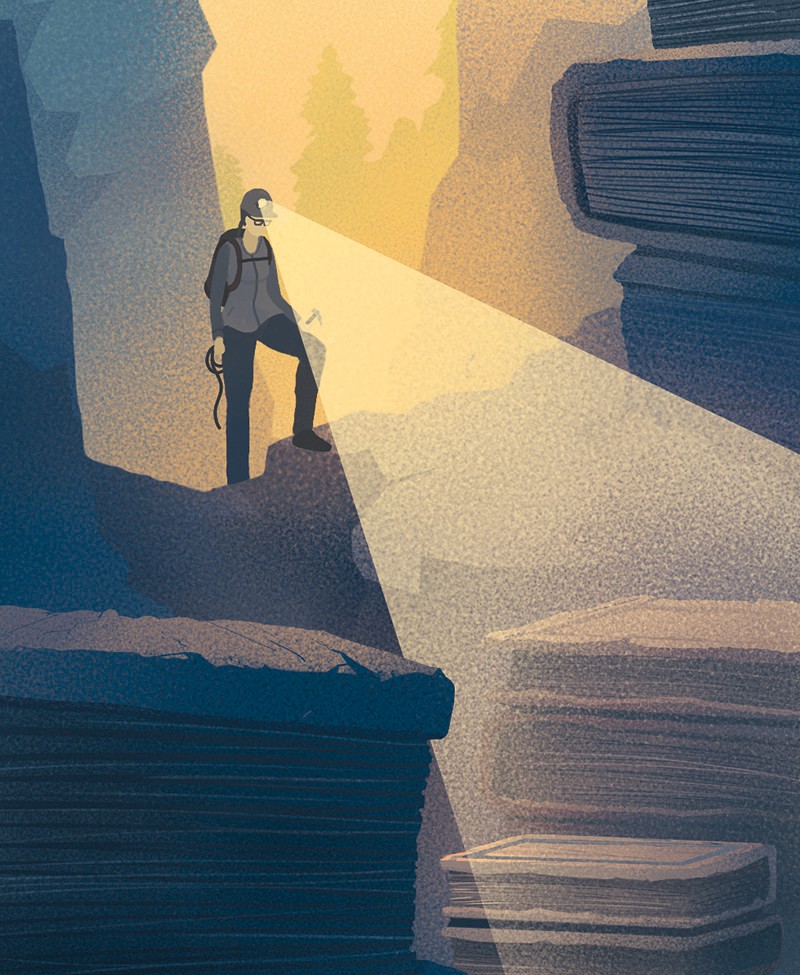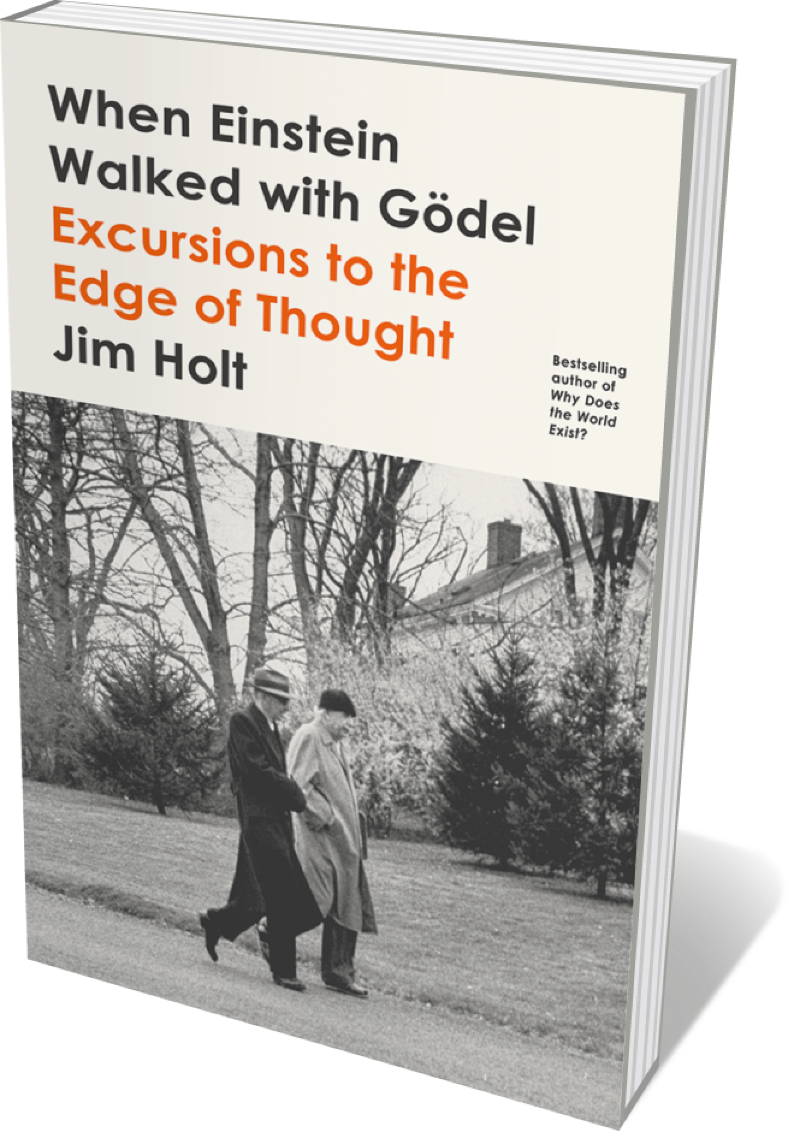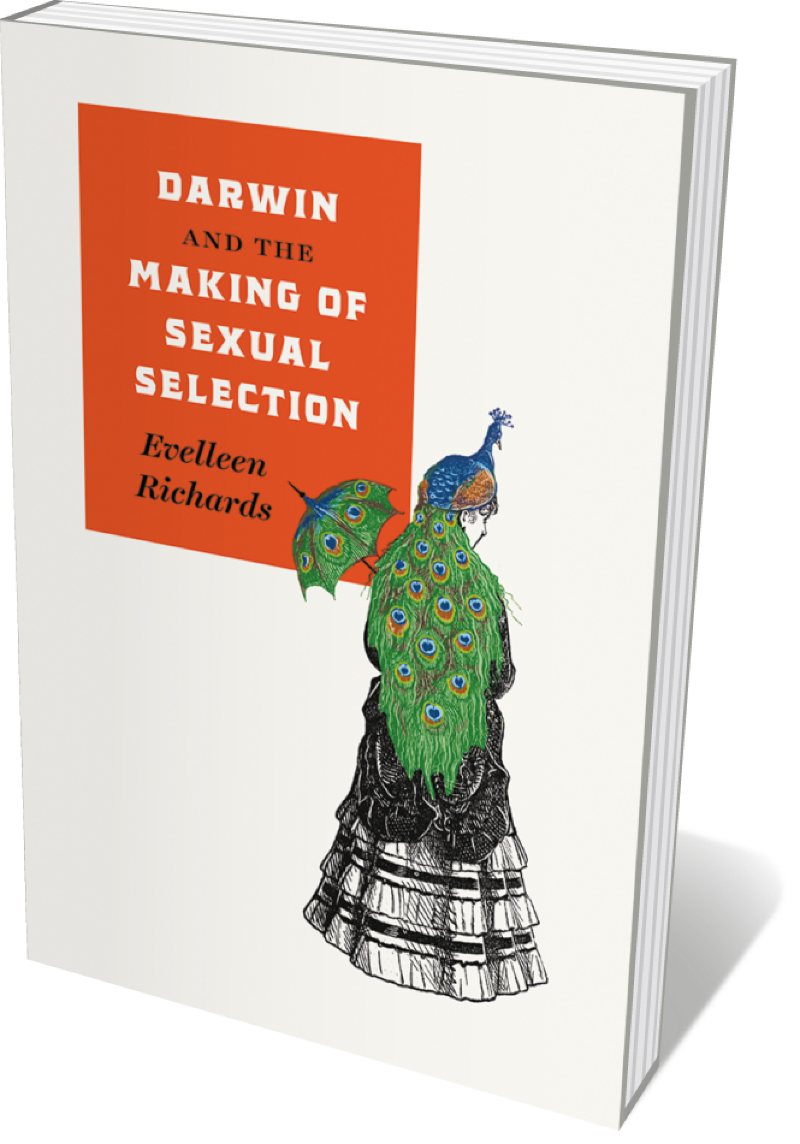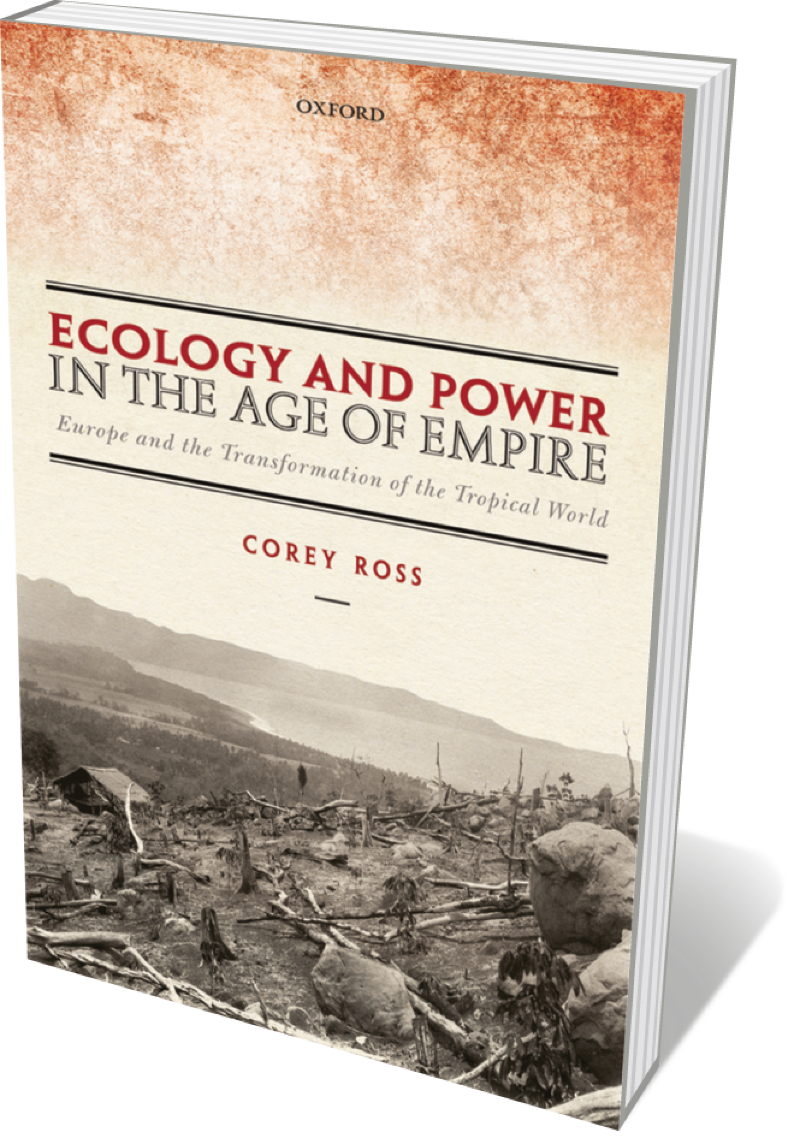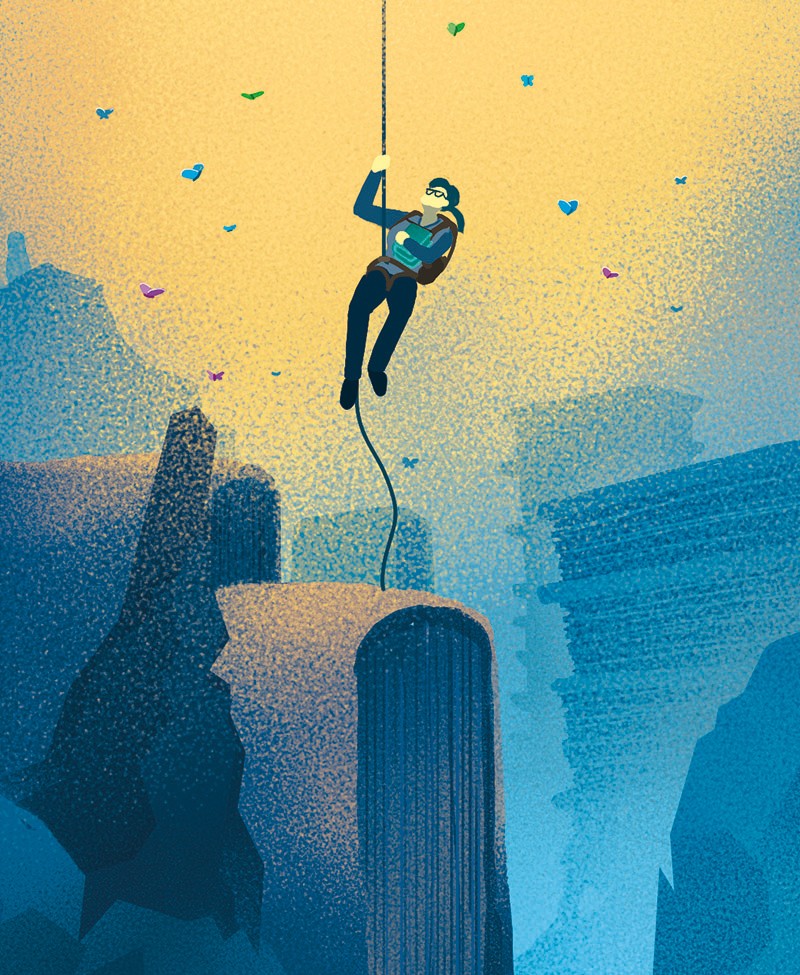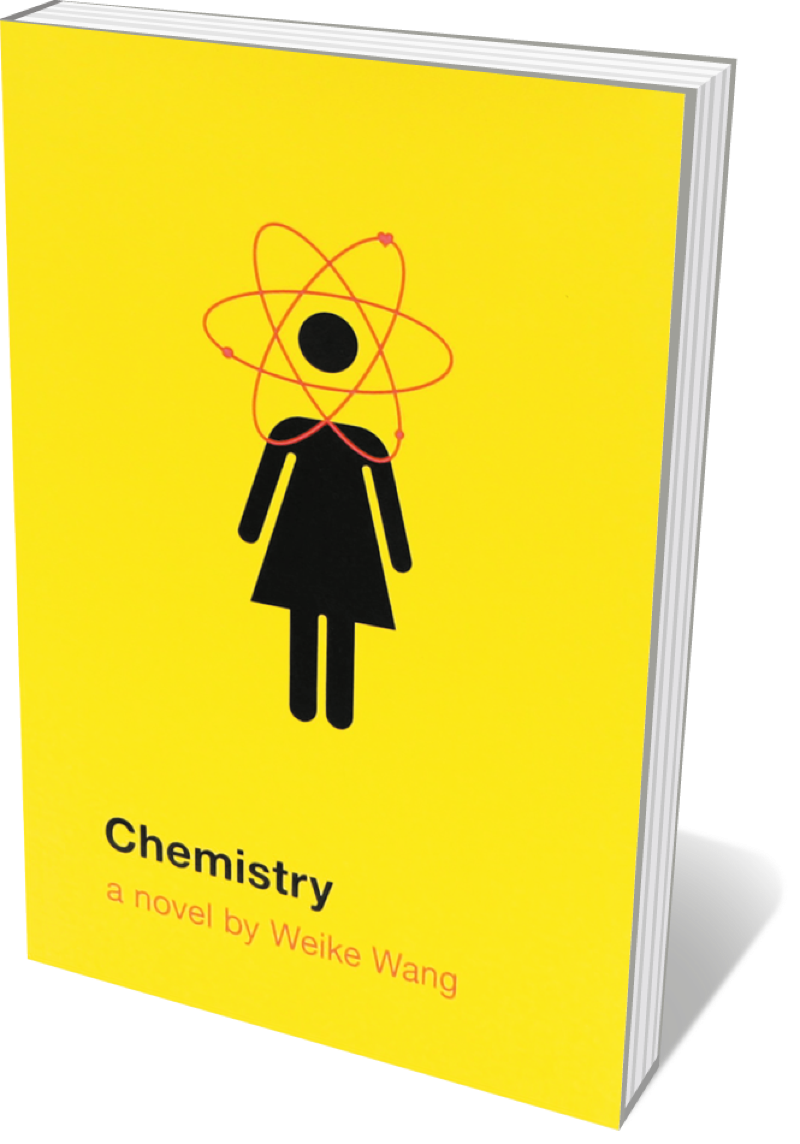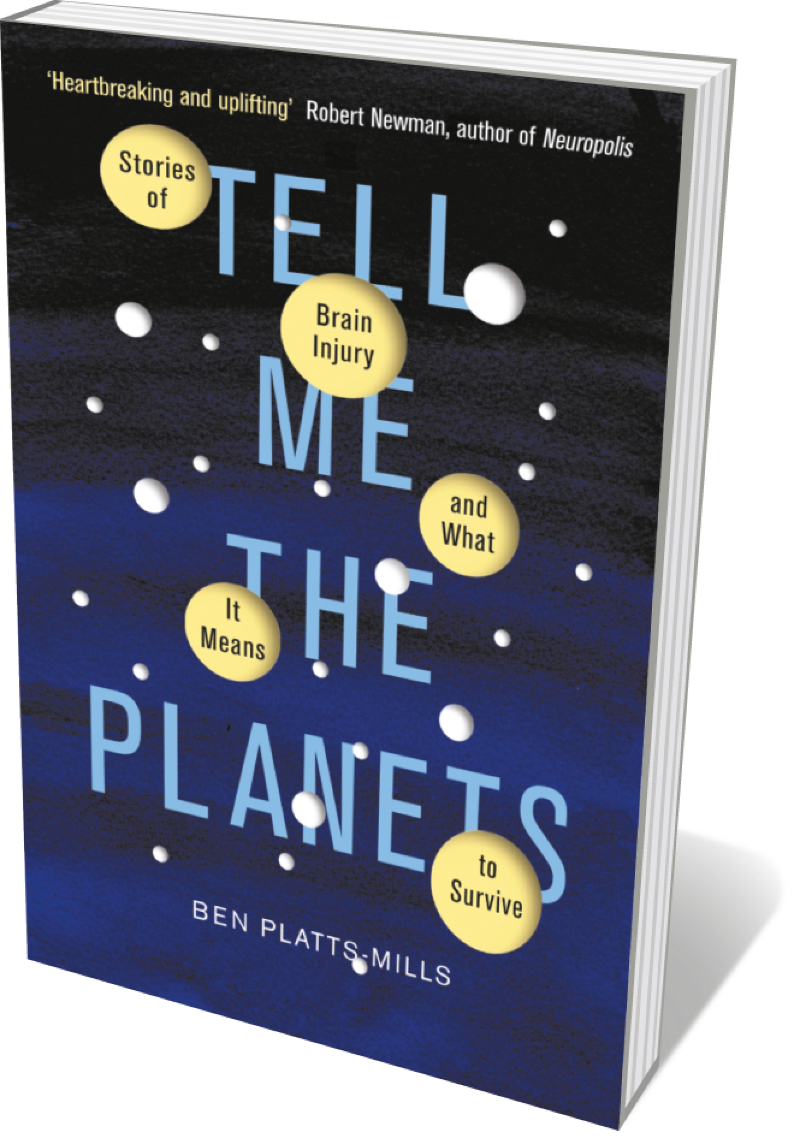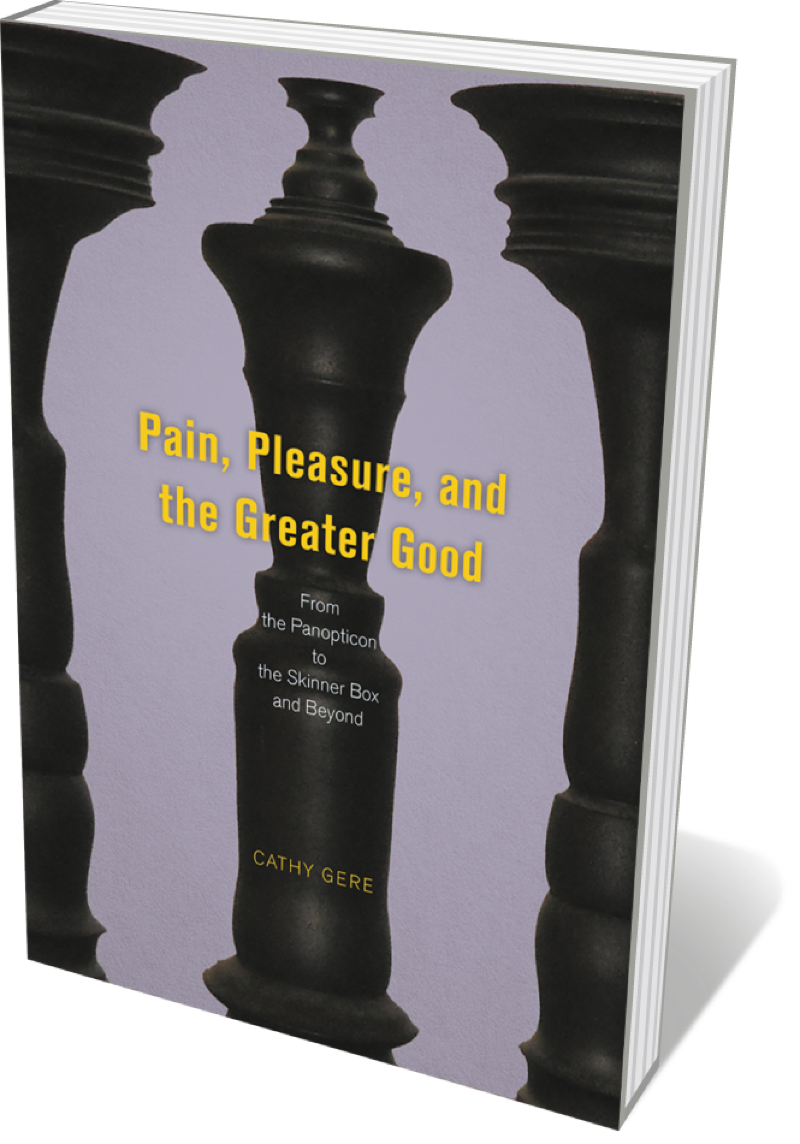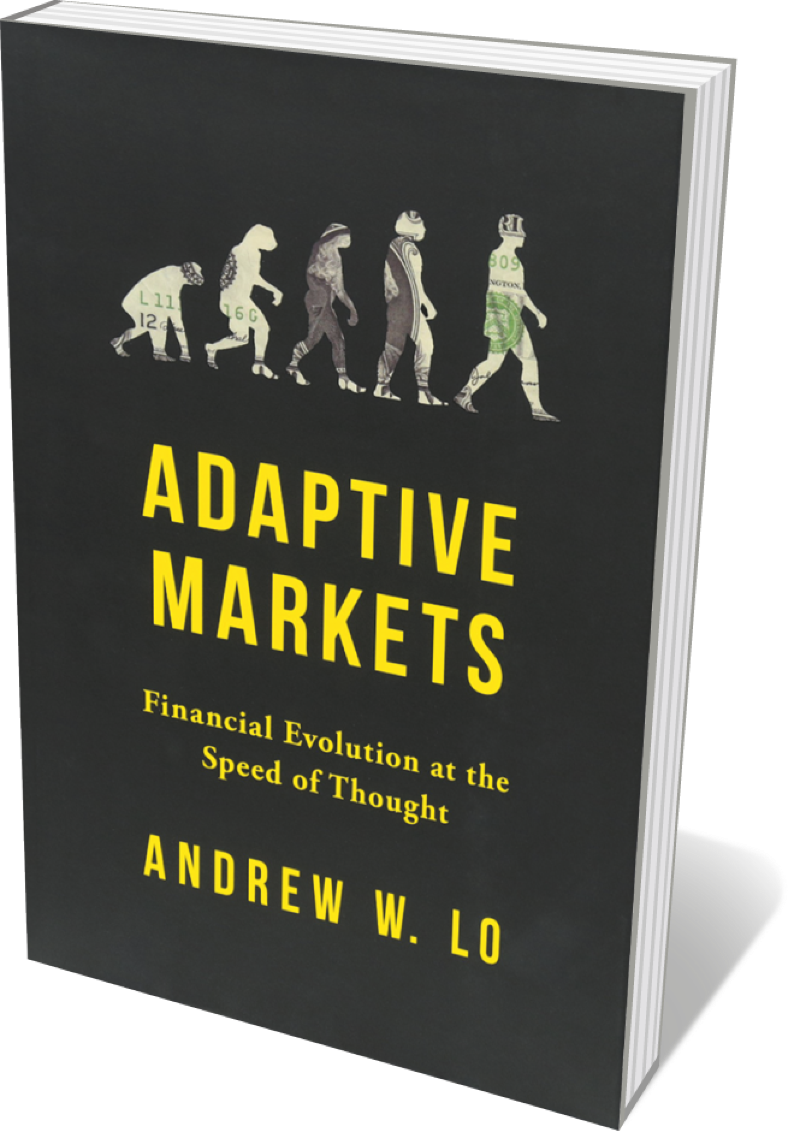(원문)
Discover deep and illuminating summer reads picked by our regular reviewers, leagues away from lab and lecture hall.
Illustration by Marcin Wolski
When Einstein Walked with Gödel Jim Holt Farrar, Straus and Giroux (2018)
Here, philosopher Jim Holt gathers two decades’ worth of reviews and essays, written for The New York Review of Books,The New Yorker and other publications. These are bold, thought-provoking pieces that tackle everything from the physical principle of least action to the mathematics of the infinitely great and infinitesimally small. As a physicist, I was aware that the zeros of the zeta function describe the distribution of the prime numbers. The related Riemann hypothesis is one of the great unsolved maths problems, and Holt helped me to understand why it’s important. If true, there’s a hidden harmony to the primes; if false, many supposed proofs of contemporary mathematics would fall with it.
There is some repetition of Holt’s obsessions. These include the dichotomy between philosophies of mathematics, and the logician Kurt Gödel’s claim (during his citizenship hearing) that the US Constitution was logically inconsistent. Holt has revised some pieces. A discussion of Henry Frankfurt’s On Bullshit, dating from the first flowering of “truthiness” in the administration of president George W. Bush, is updated with a depressing reference to Donald Trump.
These are stories of real humans and their mathematical, physical and philosophical theories — some of the most complex ever devised. Andrew Jaffe
Health Outcomes in a Foreign Land Bernard Kwabi-AddoSpringer (2017)
In any society, many interconnected factors contribute to disparities in chronic non-infectious diseases such as diabetes. In a country as complex as the United States, identifying and understanding those interactions is daunting. Cancer researcher Bernard Kwabi-Addo has made this effort, uncovering a vast territory of associated variables with important ramifications for health.
This is a multilayered, interdisciplinary survey of genetic and non-genetic influences on health inequities, mainly among Americans of African descent. It offers a wealth of comparative statistics on US citizens, although based on official racial and ethnic categories, which are stereotypical and imprecise. Intertwined is a literature-based social commentary on environmental contributions to discrepancies in health outcomes, mainly in cardiovascular disease, obesity, diabetes, end-stage renal disease and hypertension and various cancers.
This is not a deep anthropological study with original solutions or historically contextualized analyses of the health of African Americans. Rather, it is a highly readable epidemiological synopsis from an under-represented viewpoint — that of a recent West African immigrant confronting a country founded by immigrants. As such, it offers a new, potential source of insights. Fatimah Jackson
Darwin and the Making of Sexual Selection Evelleen Richards Univ. Chicago Press (2017)
In 1871, Charles Darwin published The Descent of Man, and Selection in Relation to Sex. Sexual selection solved evolutionary puzzles that natural selection could not. Generation after generation, peahens chose peacocks with the most impressive plumage, producing the peacock’s uncamouflageable tail. Darwin believed that, in a similar way, sexual selection (driven by mates selecting according to culturally specific beauty standards) unlocked the mystery of human diversity’s origins.
It troubled Darwin, a privileged white Victorian man, to impute agency to women and aesthetic discrimination to non-Europeans. His peers rejected the theory. But biologists are revisiting it. Science historian Evelleen Richards’s book vividly excavates its origins.
Darwin developed his ideas on sexual selection while immersed in fields as diverse as embryology and pigeon breeding. Deeply personal matters such as choosing his wife, Emma, and daily preoccupations such as women’s fashions, also played a part. In Richards’s view, Darwin’s opposition to slavery did not, as others argue, motivate his work on sexual selection. What did was his human attempt to answer scientific, political, social and personal questions. Elizabeth Yale
Ecology and Power in the Age of Empire Corey Ross Oxford Univ. Press (2017)
More and more people now are ‘resource omnivores’, able to draw the stuff of their lives — whether smartphones or kiwi fruit — from across the globe. That fundamental change in the human relationship with nature is often taken for granted. But this chronicle by historian Corey Ross challenges us to acknowledge the imperial roots of modern consumer culture.
In the nineteenth and twentieth centuries, Europeans transformed much of tropical Asia and Africa through vast plantations, mining operations and infrastructure construction to support their expanding mass-production economies. Ross’s brilliant book shows how complex and far-reaching that transformation was. The exploitation of cotton, cocoa, rubber, tin and copper led many colonizers to worry about environmental degradation. It also made ‘development’ a nearly universal goal for post-colonial societies.
Ross concludes that the inequities of empire add to the difficulty of solving contemporary environmental problems. So do the habits of thought that empire spread, especially the idea that the world is an inexhaustible storehouse of resources to be grabbed and exploited in the quest for ever-greater wealth and power. Adam Rome
Illustration by Marcin Wolski
Chemistry Weike Wang Knop (2017)
Awareness of the mental-health issues affecting many PhD students is now widespread. So a novel exploring depression during graduate studies is timely — especially one so finely wrought as Weike Wang’s Chemistry.
The unnamed Chinese American protagonist of this debut novel is entrapped by parental expectation, a commitment-obsessed boyfriend and a stubbornly unsuccessful doctoral project in synthetic organic chemistry. She doesn’t seem to realize how badly she wants out of all three until the day she finds herself hurling glassware onto the lab floor. The novel investigates how she got to that point psychologically, and details her attempts to extract herself to find a better life beyond.
Despite the bleak topic, Wang’s anonymous protagonist is luminously funny. There wasn’t a vignette where I didn’t find myself laughing out loud at the gallows humour — or ruefully shaking my head at thorny issues that all scientists will recognize. Those range from the mundane (non-stop experimental failure) to the extreme (lab heads who drive their students so ruthlessly that they resort to fraud, or even suicide). When a student tragically kills himself in the novel, he is described as “considerate” because he left his flatmates a note on his body: “Danger: potassium cyanide. Do not resuscitate.” Jennifer Rohn
Tell Me the Planets Ben Platts-Mills Fig Tree (2018)
Confabulation, ataxia, dysarthria, dysphagia, hemiparesis: the mesmerizing names of neurological conditions mask cruelties. But in Ben Platts-Mills’s extraordinary book, the characters of people damaged by violence, stroke or accident of birth outshine the medical details.
The narrative begins in a London charity called Headway. Through its doors come individuals who have maintained their identity, however uncertainly. Danny is half paralysed after a gangland assault; Liah, born infected with HIV, has been left almost helpless by a brain-damaging condition diagnosed too late; ambitious computer programmer Matthew found his life redirected when a colloidal-cyst operation led to memory impairment.
The three are an ex-convict Londoner, an Eritrean refugee and a Nigerian economic migrant. But what really defines these individuals, even as memory fails and words elude them, is their stubborn vitality, their awareness of their own condition as they face bureaucracy, social and medical. They know, and they want us to know.
“How do you tell a story about so much loss, about disability, about catastrophic misfortune … ?” Platts-Mills asks. He tells it wonderfully. Tim Radford
Pain, Pleasure, and the Greater Good Cathy Gere Univ. Chicago Press (2017)
In this thoroughly gripping science history of utilitarianism, Cathy Gere charts the trajectory of the ethical theory, which hinges on the ‘greatest good for the greatest number’. For 200 years, utilitarianism pervaded much research in medicine and psychology: pain inflicted on individuals was seen as providing broader gain and a platform for social policy. Reducing aid to the poor, for instance, was understood to ‘save’ society from the indolence this supposedly encouraged.
Gere’s engrossing narrative takes us up to the 1973 hearings on the notorious Tuskegee Syphilis Study. For four decades, the US Public Health Service had observed the progression of the disease in hundreds of impoverished African American men, who were neither told they carried it nor given treatment. Medical claims of greater good were brought crashing down. Yet the study’s ethos resurfaces in behavioural economics, through nudges that, without consent, shape the many in the mould of the few — supposedly ‘saving’ us from some inherent irrationality. Gere rightly emphasizes that we should be wary of ‘noble’ ends justifying any means. Alex Haslam
Adaptive Markets Andrew LoPrinceton Univ. Press (2017)
The idea that financial markets are in any way rational or efficient seems, to many, absurd — not least as we mark the tenth anniversary of the 2008 crisis. Yet in economics, Eugene Fama’s ‘efficient-market hypothesis’ has a stubborn grip. This holds that prices of financial assets incorporate all available information, so that those assets will always trade at their objectively justified value. You can see the point: if there were unexploited information, somebody would trade on it and thus incorporate it into the market price.
In this study, economist Andrew Lo proposes an alternative: the adaptive-market hypothesis. In stable times, he argues, the efficient-market insight holds; but when, say, a shock bank collapse occurs, other kinds of investor behaviour, such as panic selling, can kick in. Lo draws extensively on neuroscience, psychology and evolutionary biology to develop his ambitious theory.
As he acknowledges, there is a lot still to understand. But it’s a fascinating read, cogently situating financial behaviour within what we know about human behaviour and evolutionary history. What’s more, Lo concludes, his theory can inform the regulation of financial markets so that they serve society by funnelling investment to tackle big problems such as climate change — rather than the socially destructive short-term trading that led to the 2008 meltdown. Diane Coyle
Nature 559, 328-330 (2018)
